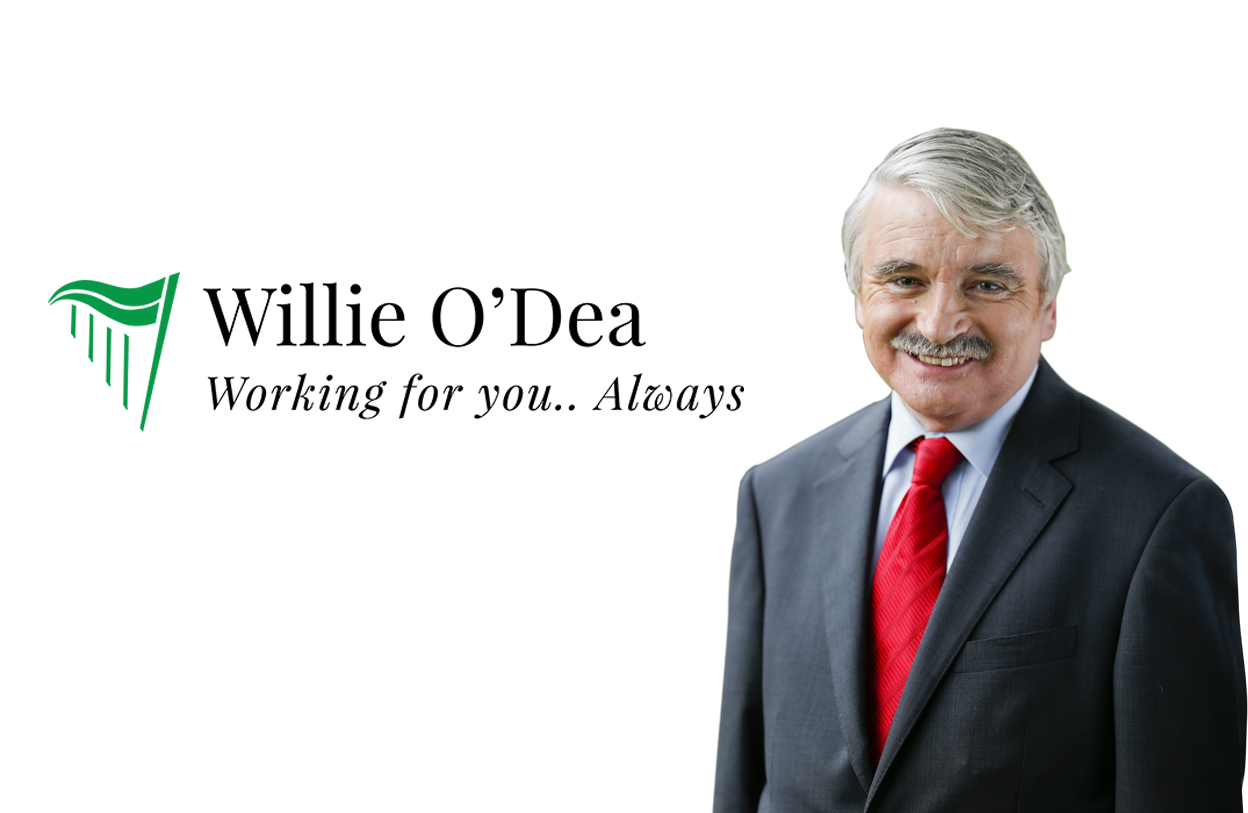 THE decisions we make this year will define our relationship with Europe. Do we want to be part of a Europe of solidarity and partnership? Or, do we want to be a part of a Europe where two players call the shots and occasionally tousle our hair to show us we are liked?
THE decisions we make this year will define our relationship with Europe. Do we want to be part of a Europe of solidarity and partnership? Or, do we want to be a part of a Europe where two players call the shots and occasionally tousle our hair to show us we are liked?
This is the choice we should face, but the Government thinks otherwise.
The referendum pantomime has started. It will run for the next few weeks as we wait for white smoke to come from the Attorney General’s office on whether one is needed or not.
The Attorney General does not decide these matters. The role of the Attorney General is clearly set out in Article 30 of the Constitution: the AG ” … shall be the adviser of the Government in matters of law and legal opinion”.
The AG will give legal advice on the need for a referendum, based on the requirements of the Constitution and past Supreme Court judgements. The Cabinet will make the decision. It is up to them to use their political judgement and sense of the public good.
We have had an insight into the views of at least one cabinet minister on the topic —
Minister Varadkar. Last week, he said he didn’t “think referendums are very democratic … by and large, referendum campaigns are never about what they are supposed to be about”.
It does not require any great insight to see that this Government is determined to deny the people a say on this treaty. Kenny and Gilmore may get their way, but nothing is certain as the issue will probably end up being decided by the courts.
You could almost — and I stress the word ‘almost’ — understand the Government’s reluctance to let the fiscal compact go to the people as the case for passing it is almost impossible to argue.
This treaty only tackles a side issue and fails to address the bigger problems. It fails to strengthen the role of the European Central Bank as the lender of last resort. It fails to tackle the dysfunctional European banking system.It fails to focus the EU on growth and investment. Most crucially, it will not ease our banking debt burden.
German and French taxpayers were not expected to bear a part of the costs of the Lehman’s collapse in the USA, yet we are expected to refund French, Belgian and German banks for their reckless lending here.
The problem with this latest EU treaty is not what is in it — it is what is not in it. The illusion is being created by Sarkozy and Merkel that having the fiscal measures in this treaty would have prevented the crisis. Wrong.
Ireland would have comfortably met every provision of this treaty in the decade before the crisis, but we still found ourselves engulfed in a global economic meltdown.
The Taoiseach cannot claim that the treaty is powerful enough to save the euro but not significant enough to require a referendum. His position is nonsense.
As Micheal Martin said last week: “There is no credibility in promising that something will eventually happen once the treaty is ratified.”
Yet that is what the Government would have to do in a referendum. It would be asking the public to vote for a wasted opportunity: to back a treaty that will not address this crisis in the hope that it buys enough time to get to a point where the EU can eventually agree one that will.
This is an almost impossible proposition.
Pushing this treaty through without any public engagement will do lasting damage to how we see the EU. It will play into the hands of those who have always opposed our EU membership.
The people want a say in our future relationship with the EU. To deny them that right will be a monumental error of political judgement, not of legal advice.


